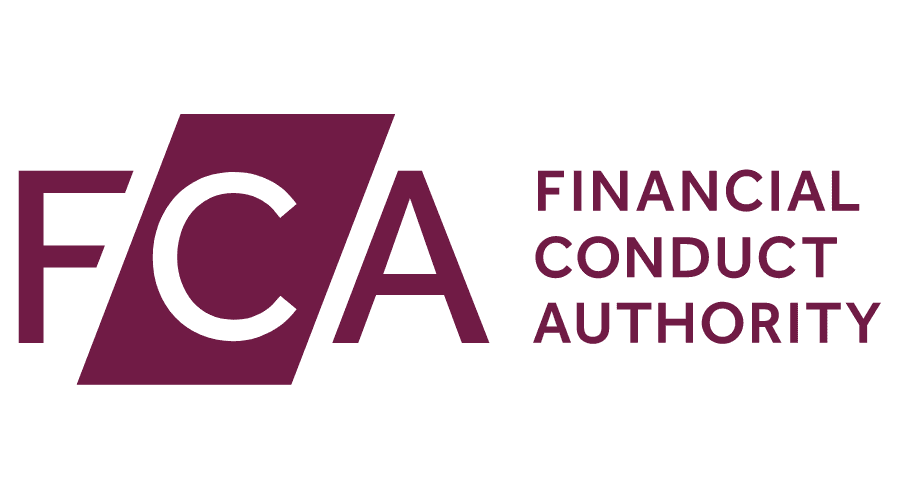The European Commission has sharpened its focus on introducing a long-awaited consolidated tape to the European market, however, challenges remain in an ecosystem that is even more fragmented than when the proposals were first made.
Last November, the European Commission set out plans to implement a consolidated tape to give investors real-time data across all trading venues in the European Union.
The proposal is part of its Capital Markets Union (CMU) action plan which looks to establish a capital market that can rival the likes of London and New York.
A consolidated tape has been on the high priority list for ETF industry participants for a number of years now and is seen as one of the keys to the wrapper’s next stage of growth.
In this fragmented market, investors are unable to see the true liquidity of ETFs, an issue that some argue is hampering uptake this side of the pond.
While the European Commission’s proposals have been welcomed by the European Fund and Asset Management Association (EFAMA), a pan-European consolidated tape is some way off partially because two key markets – Switzerland and the UK – are outside the scope of the EU.
According to data from Blackwater Search & Advisory, the UK makes up approximately 25% of the $1.5trn European ETF assets under management (AUM) while Switzerland accounts for a further 10%.
With some 35% of the ETF market outside of the EU, the onus will be on these two countries, in particular, to produce their own aggregated ETF data feeds.
As Simon Barriball, ETP and portfolio trading at Virtu Financial, said: “The EU’s timeline is uncertain and not likely in 2022. There will not be a single consolidated tape for all of Europe post Brexit so investors will likely have separate tapes.”
According to one industry source, the Financial Conduct Authority is keen to create a consolidated tape for the UK which is determined for London to remain the preeminent financial city in Europe post-Brexit.
Once created, aggregating the various consolidated tapes into one data feed should not be an issue, however, the fragmented nature of the European market means investors could still be some way off from reaping the benefits a consolidated tape would bring.






